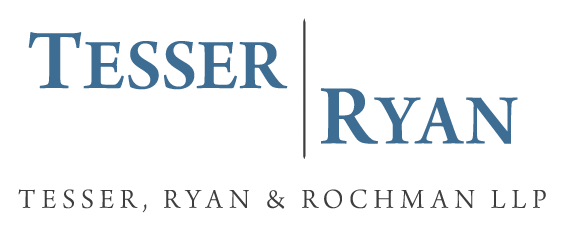United States Supreme Court Admonishes State Courts for Exercising General Jurisdiction over Foreign Corporations which are not “Present” in the State
By Lewis Tesser, partner, and Timothy Nolen, Associate, of Tesser, Ryan & Rochman, LLP
For only the third time since 1945, the United States Supreme Court addressed the issue of “general jurisdiction” over a foreign corporation. General jurisdiction requires that a party be “present” in a state and allows a state or federal court to hear any case against the party even if the injury occurred outside of the state. The case includes issues of business law, corporate structuring, constitutional law and product liability.
The case, Goodyear Dunlop Tires Operations, S.A. v. Brown, No. 10-76, 2011 U.S. LEXIS 4801 (June 27, 2011), involved a bus crash outside of the city of Paris, France, which killed two young children. The children’s parents sued both Goodyear Tire and Rubber, an American corporation, and Goodyear’s foreign subsidiaries in North Carolina state court. Although the North Carolina state courts had found that they had jurisdiction over Goodyear’s foreign subsidiaries since the subsidiaries knew that some tires would reach North Carolina, the United States Supreme Court rejected that position. In her opinion for the unanimous Court, Justice Ginsberg noted that the foreign subsidiaries had no place of business, no employees and no bank accounts in North Carolina. The subsidiaries also did not advertise, solicit business or ship tires into North Carolina. Accordingly, Justice Ginsberg found that the subsidiaries did not have sufficient contacts with North Carolina to support the finding that the subsidiaries were “present” in the state. Thus, the North Carolina state courts could not hear the dispute.
Goodyear Dunlop, one of the United State Supreme Court’s few general jurisdiction cases, provides interesting insight into the complexities of bringing a suit against a foreign corporation. It remains to be seen whether fewer state courts exercise general jurisdiction over foreign corporations going forward.
